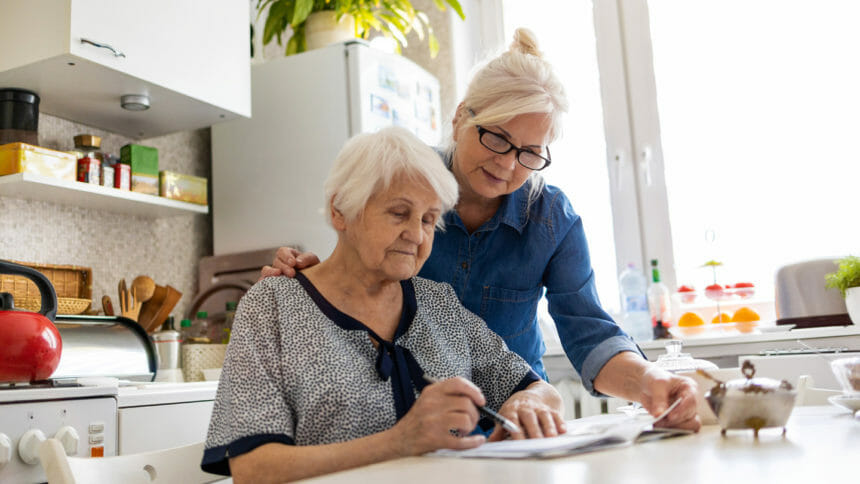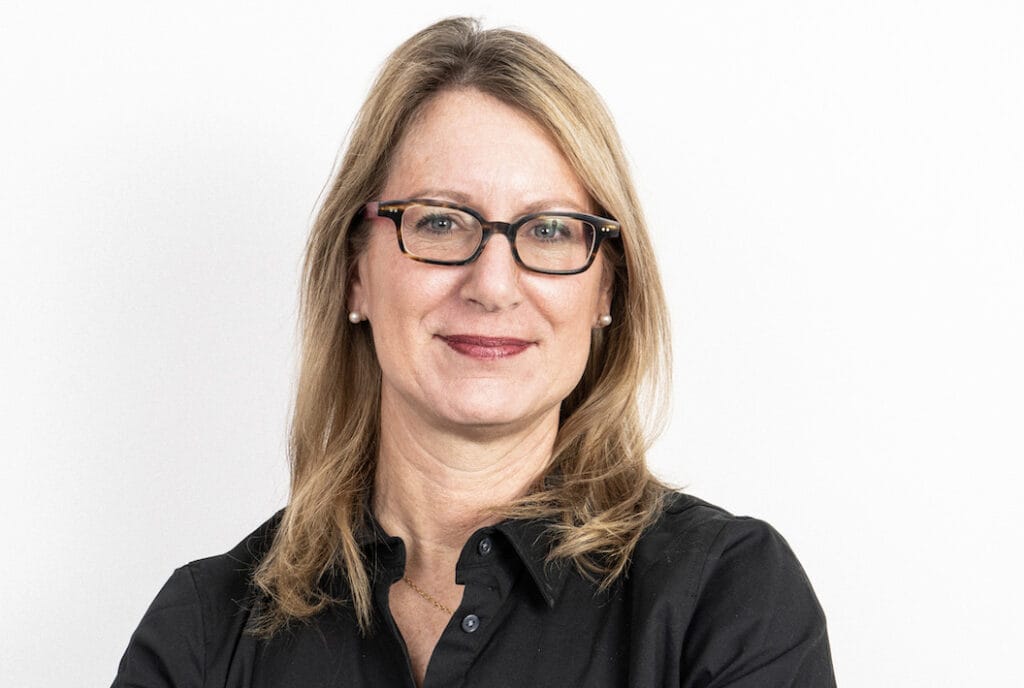
New York Advocates for Home Care is poised to appeal a controversial decision by New York state that significantly reduces the number of home care agencies participating in the Consumer Directed Personal Assistance Program.
In a letter last month to Gov. Kathy Hochul (D), NYAHC said the state must reverse a decision earlier this year to limit the number of home health agencies involved in CDPAP.
“It is a critical program because it allows people who would otherwise end up in a long-term care setting at a much, much higher expense to be taken care of in their own homes,” Linda Clark, an attorney representing NYAHC, told McKnight’s Home Care Daily Pulse.
CDPAP allows Medicaid-eligible consumers to hire their own caregivers — often family or friends — who are paid through financial intermediaries, such as home health and home care agencies. After years of allowing up to 400 agencies to act as financial intermediaries in CDPAP, the state approved only 70 earlier this year. Clark said fewer agencies administering the program could put many of the nearly 140,000 New York seniors and disabled who depend on the program at risk when changes to the program happen later this year.
The New York State Department of Health, which oversees CDPAP, did not respond to a request for comment. But the decision to reduce the number of agencies involved in the program likely stemmed from a 2018 audit by the Office of the New York State Comptroller, which found New York made millions of dollars in Medicaid overpayments to CDPAP.
NYAHC is holding out hope it can convince Hochul to expand the number of financial intermediaries in CDPAP since the decision to approve fewer of them was made under former Gov. Andrew Cuomo (D). But Clark said its letter and other efforts to reach the governor have been met with silence.
Still, Clark said it is in the state’s best interest to expand CDPAP to more home healthcare agencies. She said if consumers can’t tap into the program it could affect New York’s ability to receive expanded Federal Medical Assistance Percentages under the American Recovery Act. It could also exacerbate the caregiver crisis that has worsened since the state’s vaccine mandate for healthcare workers went into effect last week.
“You would think that with all that is happening with vaccination mandates and agencies losing significant portions of their workforce, it is just not the time to roll this out,” Clark said.



